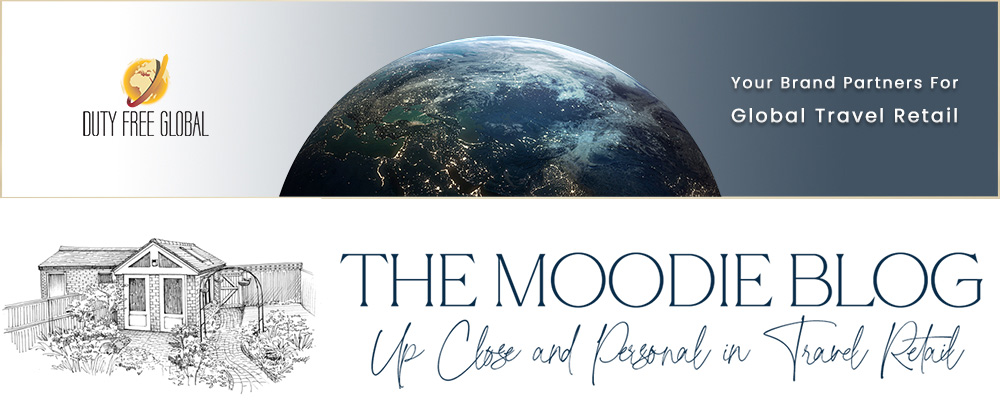Latest posts by Martin Moodie (see all)
- How I overcame Severe Tire Damage to become the oldest influencer in town - April 20, 2024
- Free as a (Kiwi) bird and flying high in Haikou - April 13, 2024
- Discovering Food Accademia’s world of fine flavours at a Hong Kong cha chaan teng - April 6, 2024
There are waters blown by changing winds to laughter
And lit by the rich skies, all day. And after,
Frost, with a gesture, stays the waves that dance
And wandering loveliness. He leaves a white
Unbroken glory, a gathered radiance,
A width, a shining peace, under the night.
– From The Dead by Rupert Brooke
Today I attended the funeral of one of my closest friend’s twin sister. I have known them both for half a century. I was there not in person but via livestream. It is the second such occasion for me since the pandemic began and in both cases I would have been there in person if travel restrictions had not prohibited it.
Funerals are a fundamental reminder of both the fragility and transience of existence and rightly make us reassess our paths and priorities in life. Such emotions are heightened by the limitations that the pandemic places on all of us. During the earliest, darkest days of the pandemic in 2020, one of my team even had to watch the funeral of her own father (in Spain) on the internet.
Omicron, may be considerably milder than any COVID variant that preceded it, but it is still playing havoc with our lives and our ability to reach out in person to family, friends and colleagues.

Here in Hong Kong, the situation has transformed dramatically in the seeming blink of an eye. For so long careful management of the country’s borders, allied to stringent post-arrival hotel quarantine regulations, growing vaccination levels, and widespread common sense among the Special Administrative Region’s residents had kept the virus at bay. The selfishness of some Cathay Pacific cabin crew coupled with the rampant infectiousness of Omicron has changed all that.
Today, Hong Kong’s public health system is overwhelmed, bordering on collapse. Local media stories show pictures of patients lying in beds outside hospital while thousands of others have to wait days for admission to isolation facilities.
The entire circa-20,000 population of Discovery Bay, the town I live in, has had to undergo compulsory testing in recent days, resulting in long queues snaking up the hill from the testing station. I have undergone a second test having dined in a place of interest a few days back. Fortunately both came back negative for as it stands every positive case is sent to a government-run isolation facility – not the kind of Interim Moodie Davitt Bureau I crave.


The Discovery Bay Facebook and WhatsApp group chats – dominated by ex-pats – are full of outrage over the situation. But the reality, as one resident pointed out today, is that we all need to accept the new reality of Hong Kong and that its policies – including the management of COVID – are very much aligned to and dictated by the Mainland authorities.
Ex-pats who don’t like that can, and will, move away. Several companies have made that decision – this week the FT reported that French drinks house Pernod Ricard has asked top executives from its Hong Kong office to temporarily relocate outside the city due to its increasingly cut-off status from the world. Fellow French powerhouse L’Oréal will relocate its APAC headquarters from Hong Kong to Singapore this summer (both companies remain committed to China through their operations on the Mainland, I must point out).
The Moodie Davitt Asia Bureau – and its lighthouse keeper? Simple, we and I are staying. Not only do I love it here but I believe in the future of Hong Kong. While I’m as frustrated as anyone by the current situation and particularly the tough post-arrivals hotel quarantine requirements that are playing havoc with my personal and professional travel needs, Hong Kong – like China itself – is all about the long term. Better days will come here.


